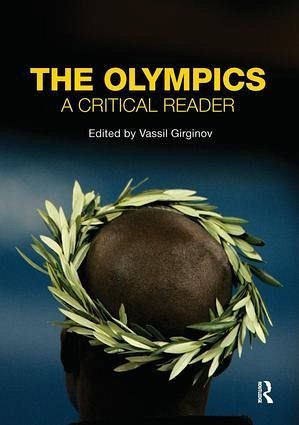Nicht lieferbar

The Olympics
A Critical Reader
Ed. by Vassil Girginov a. Jim Parry
A guide to the definitive sporting mega-event Olympics and the wider phenomenon it represents - Olympism. It addresses the key questions in modern Olympism, including: What does studying Olympism entail? How do historical accounts create and challenge Olympic myths? And how can the principles and practices of Olympism be sustained in the future?




